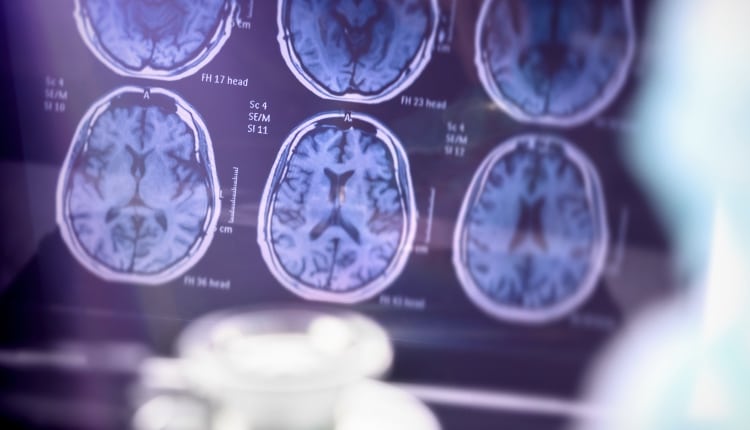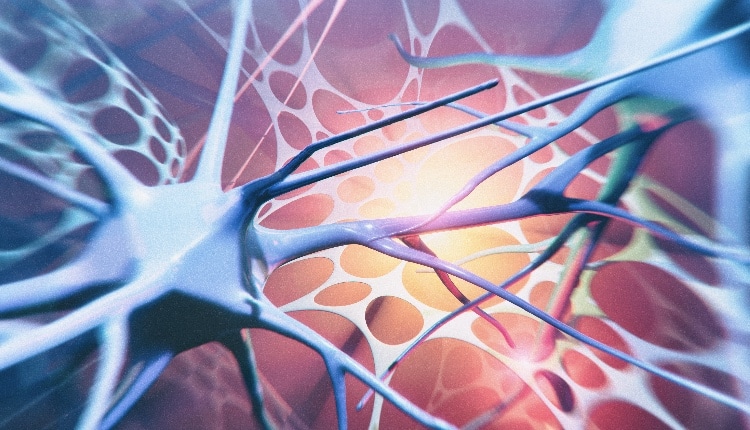Tips for Treating Patients With Alzheimer Disease
Alzheimer disease (AD) is a progressive neurodegenerative disorder that causes cognition impairment and memory loss, affecting activities of daily living. In the United States, an estimated 4.5 million people have AD and this figure is expected to reach 14 million by 2050. The population affected by AD across the world is projected to increase to 81.1 million by 2040. Because patients with AD experience a deterioration of their mental functions, patients need more help with their activities of daily living, including oral hygiene, as their AD progresses. Studies have found that individuals with AD often experience poor oral health. As advanced age is a risk factor for AD and the number of older adults in the US continues to rise, oral health professionals must be knowledgeable about treating patients with this neurodegenerative disorder.
Patients with early or mild stages of AD are still able to perform most of their own oral hygiene care.
 Branimir76 / E+
Branimir76 / E+
Caregivers should be contacted how long in advance of the appointment to update patients’ health, dental, and pharmacologic histories?
 digicomphoto / iStock / Getty Images Plus
digicomphoto / iStock / Getty Images Plus
When a patient is diagnosed with AD or dementia, caregivers should be advised to schedule regular appointments with the patient’s dentist and dental hygienist.
 Barcin / iStock / Getty Images Plus
Barcin / iStock / Getty Images Plus
When communicating verbally, long, elaborate sentences should be used as well as a loud tone of voice.
 travellinglight / iStock /. Getty Images Plus
travellinglight / iStock /. Getty Images Plus
Patients in the more severe stages of AD can be extremely uncooperative.
 Bulat Silvia / iStock / Getty. Images Plus
Bulat Silvia / iStock / Getty. Images Plus
Xerostomia is a side effect of many of the medications used in the treatment of AD and may result in which of the following?
 KatarzynaBialasiewicz / iStock / Getty Images Plus
KatarzynaBialasiewicz / iStock / Getty Images Plus
As the AD progresses, oral healthcare is often neglected.
 KatarzynaBialasiewicz / iStock / Getty Images Plus
KatarzynaBialasiewicz / iStock / Getty Images Plus
Flossing can be difficult for patients with AD; therefore, the use of an interdental brush is recommended.
 koto_feja / E+
koto_feja / E+
Share your Results:

